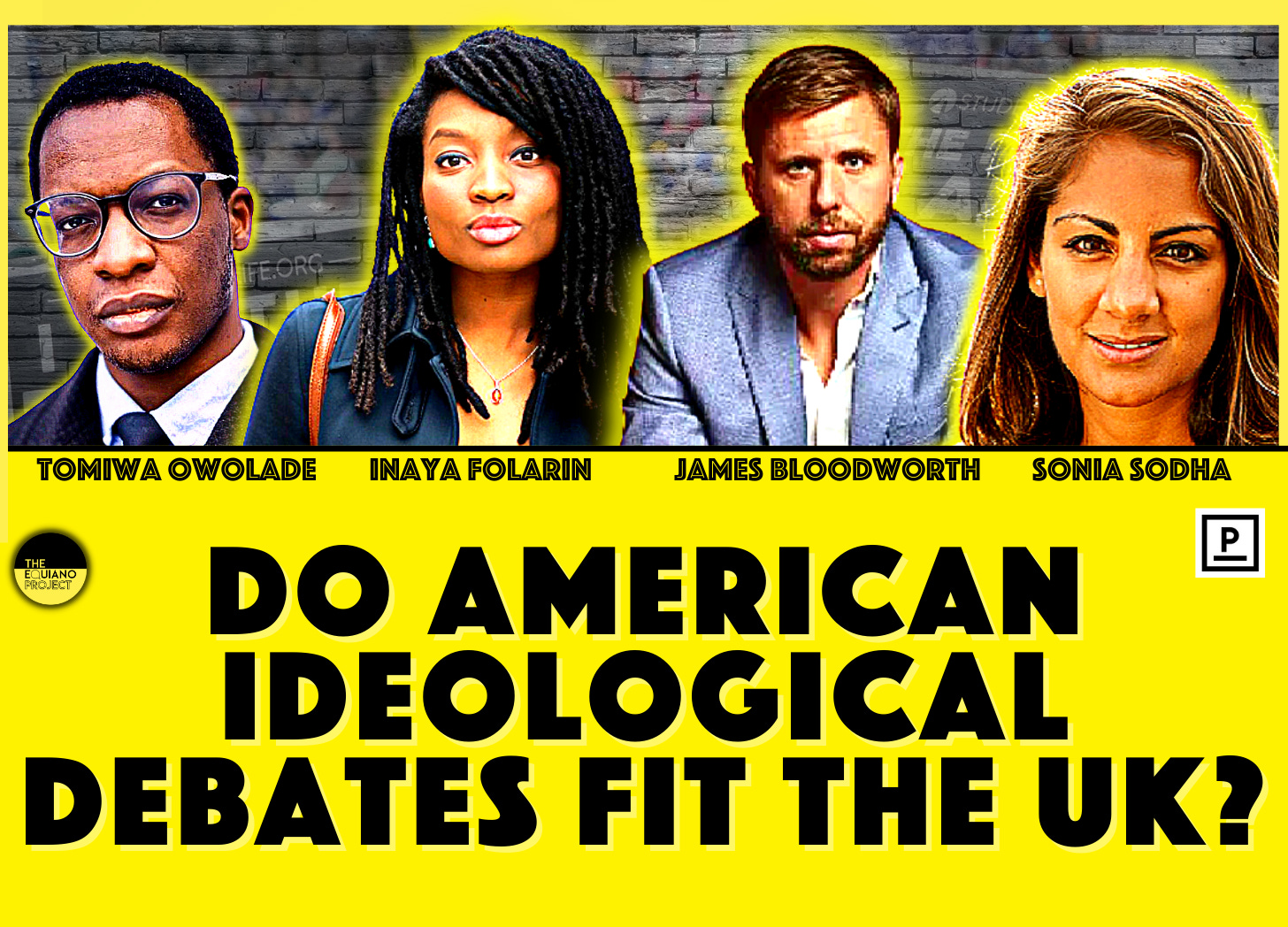Is America's Culture War Relevant to Britain? (VIDEO)
Public event co-hosted by Persuasion and the Equiano Project
This discussion revolves around the question of whether American culture wars have influenced British politics. The panellists discuss the importation of American perspectives on race, gender, and identity into the UK and the impact it has had on societal debates. They also explore the role of class politics in the UK and how it can be overshadowed by identity politics.
Panellists:
Tomiwa Owolade - Writer, critic and author of This is Not America: Why Black Lives in Britain Matter. He has written columns, essays and book reviews for many publications, including the Times, the Spectator, the FT, UnHerd, the Evening Standard and Literary Review and is a contributing writer at the New Statesman. Tomiwa’s interests include identity politics, liberalism, social protest movements, and religion.
James Bloodworth - English writer and the author of two books, The Myth of Meritocracy and Hired: Six Months Undercover in Low-Wage Britain. His work has appeared in the Times, the Guardian, the New York Review of Books, the New Statesman and elsewhere.
Sonia Sodha - Chief Leader Writer and a columnist for the Observer. She is a former head of public services and consumer rights policy at Which?, the Consumers’ Association, where she led their work on public services.
Moderator Inaya Folarin Iman - Journalist, campaigner and the founder and director of the Equiano Project. She has written for The Telegraph, The Daily Mail, The Times, The Sun, The Spectator, Spiked and several other publications.





I saw a piece this week on a local news show about a British funk band called Cymande from the early 1970's. I'd never heard of them, a little before my time, I would have been listening to glam rocck and pop at that time, bands like Sweet, Slade and TRex. By the mid 70's however I do remember the British funk explosion, the holy grail being to sound American, I was about to write to 'sound like the real thing', one of the UK's best soul groups of the 1970's was The Real Thing from Liverpool.
Cymande have enjoyed a late blossoming due to their songs being sampled by the likes of 'De La Soul, Wu-Tang Clan and the Fugees' according to the report. Incidentally members of The Fugees have a Caribbean background. The Caribbean contribution to US hip hop has been well documented, but this is not my area of expertise, however I remember being surprised when I learnt that The American jazz musician and poet Gil Scott-Heron, thought by some to be an early originator of rap, was the son of a Jamaican footballer.
But I digress, members of Cymande went on to get day jobs (two became lawyers), but despite their late flourishing some rancour remains. One member said ' back then there was not much promotion of black music, or black musicians'. Back in the 1970's young black men in the UK were regarded with suspicion and fear, a lot of black men of my generation were not given the opportunities or recognition that their talents deserved. The British upper and middle classes were (are?) well versed in keeping out interlopers. Today the establishment is committed to anti-racism, but on its own terms in its own way in its own time. Professor David Olusoga OBE, Baron Sewell of Sanderstead, Dr (Hon) Marcus Rashford MBE, Baroness Doreen Lawrence, Sir Lenny Henry and others - what do these people have in common? I'm not commenting on their merits or talents, I am saying that the British elites has long practiced co-option and patronage. The establishment can safely exclude 'undesirables' while pointing out their own excellent record on diversity and exclusion. They still decide who will be included (and excluded).